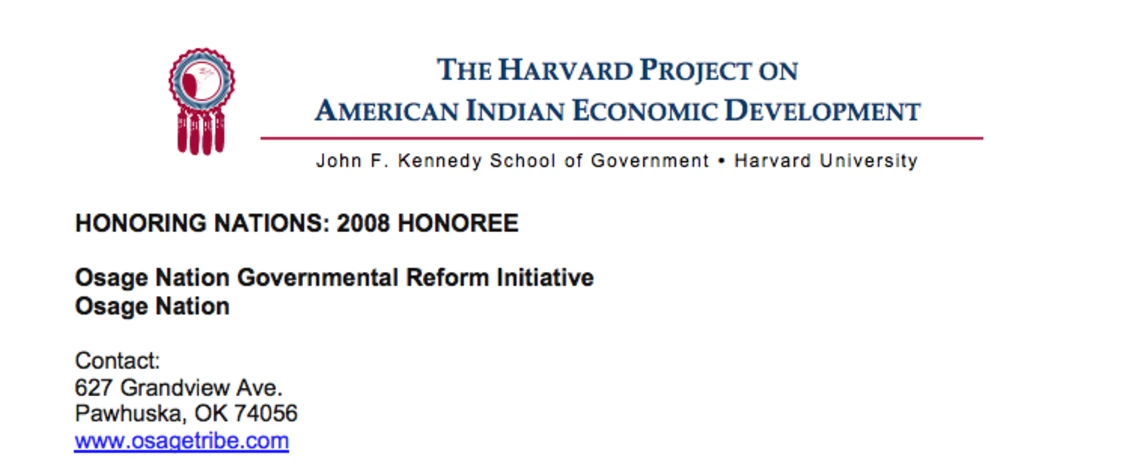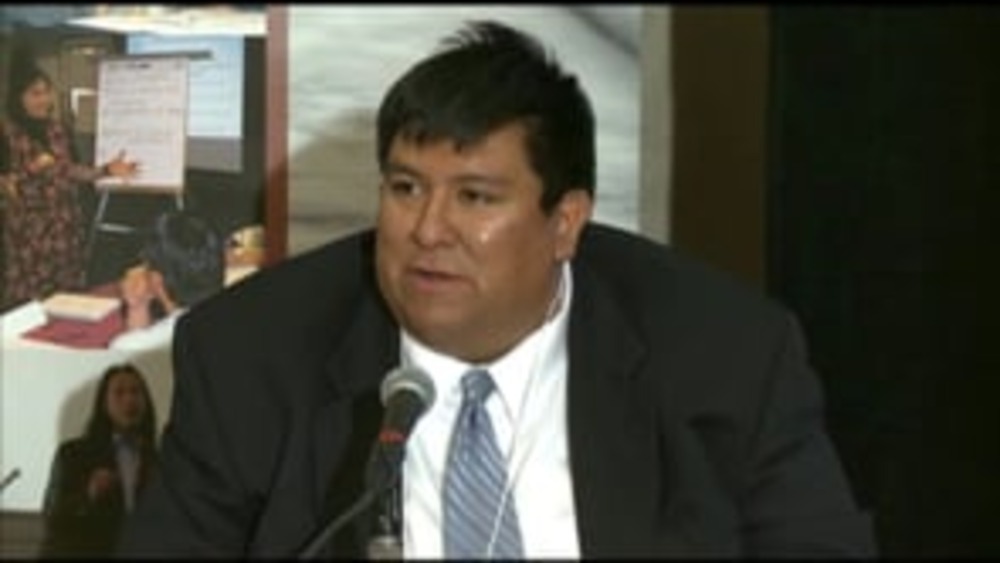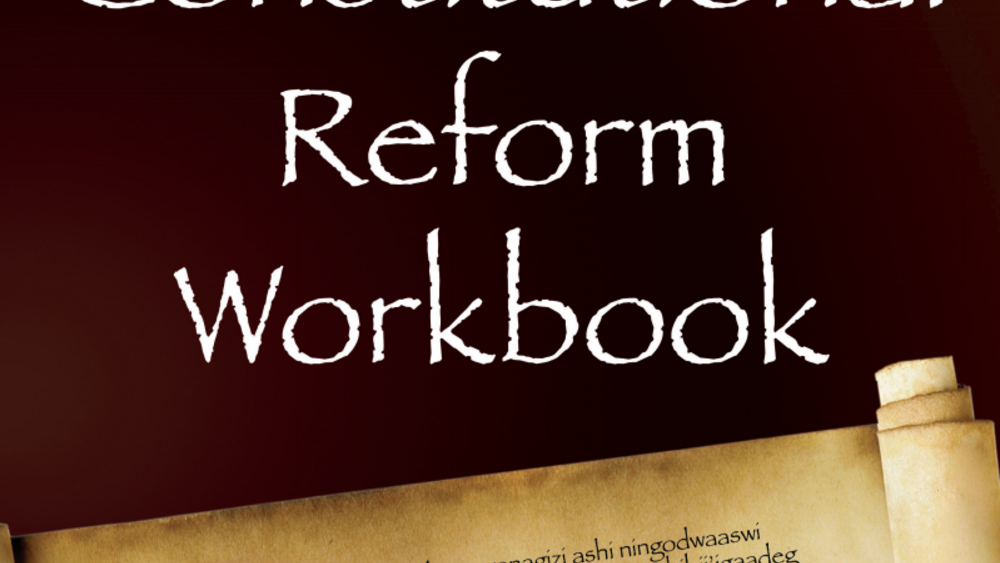At the turn of the 20th century, the US government abolished the 1881 Osage Nation Constitution and imposed rules for land ownership and citizenship. Many Osage citizens were disenfranchised and the Tribal Council was granted only limited powers, which lead to years of weak government, corruption, and turmoil. Over 100 years later, the Osage Government Reform Initiative began the task of designing a new government that would better represent and serve all Osages. As a result of the Initiative, the Osage Nation adopted a new constitution in June 2006. Written by the Osage people, it has brought back into the tribal community the thousands of citizens who had once been excluded.
Additional Information
"Osage Nation Governmental Reform Initiative." Honoring Nations: 2008 Honoree. Harvard Project on American Indian Economic Development, John F. Kennedy School of Government, Harvard University. Cambridge, Massachusetts. 2009. Report.



